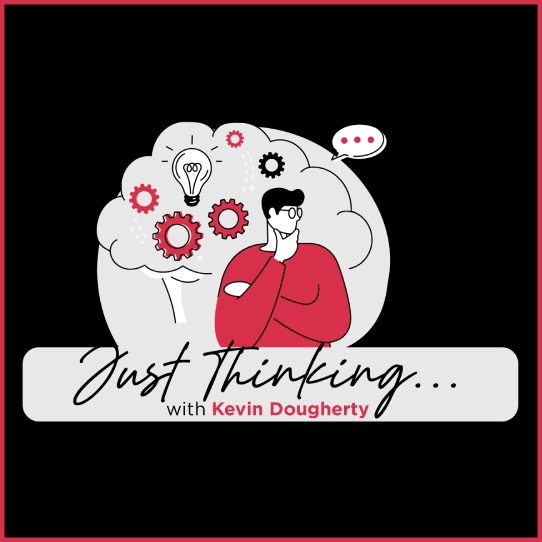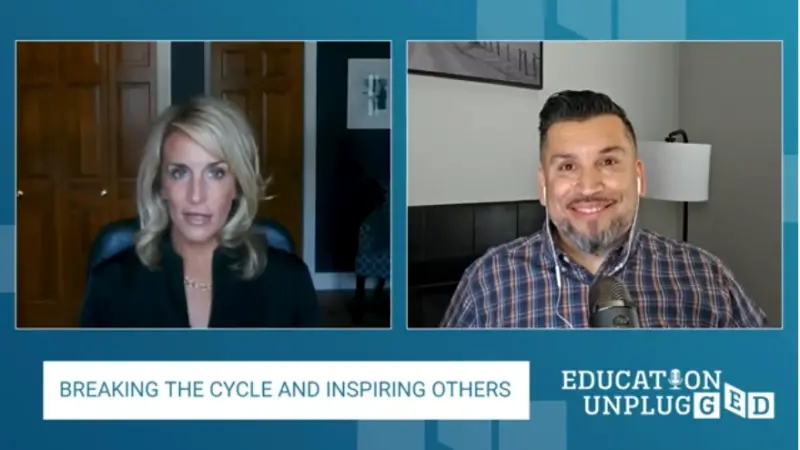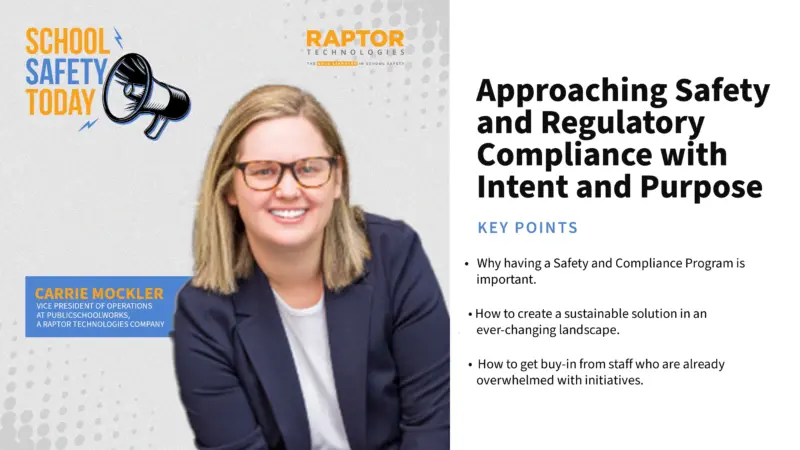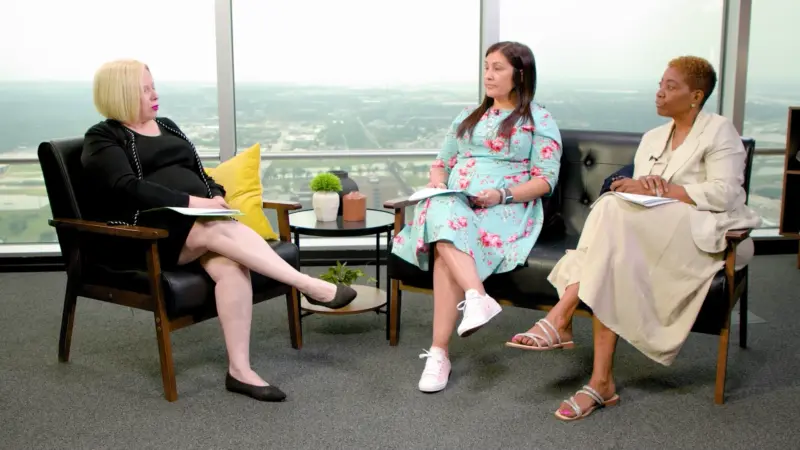Redefining Readiness: Charting The Course for Education in a Post-Pandemic World
Charting the course for education in the post-pandemic era is more than timely; it’s imperative. The traditional education system faces challenges in adapting to a rapidly changing world. Only 35 percent of U.S. fourth-grade students tested as proficient readers during the 2019 National Assessment of Educational Progress, and the global pandemic worsened the situation.
What does charting the course for education look like in a post-pandemic, fast-paced world? How can schools evolve to meet the demands of the present and innovate while preparing for the uncertain future? This core question is at the heart of the inaugural podcast “Just Thinking…” hosted by Kevin Dougherty, featuring Ray McNulty, a seasoned educator and President of the Successful Practices Network.
In this episode, Dougherty and McNulty delve into the evolving landscape of education, discussing:
- The VUCA (volatile, uncertain, complex, and ambiguous) world’s impact on education
- The need for a reimagined workforce and structure in schools
- Strategies for innovation, including interdisciplinary teaching and the concept of “innovation by subtraction”
Ray McNulty’s rich background spans various leadership roles, from being a teacher and principal to serving as the Commissioner of Education in Vermont and a senior fellow at the Bill and Melinda Gates Foundation. His work with the Successful Practices Network and the National Dropout Prevention Center and his experience as the Dean at the School of Education at Southern New Hampshire University showcase his dedication to reshaping educational practices for future generations.



